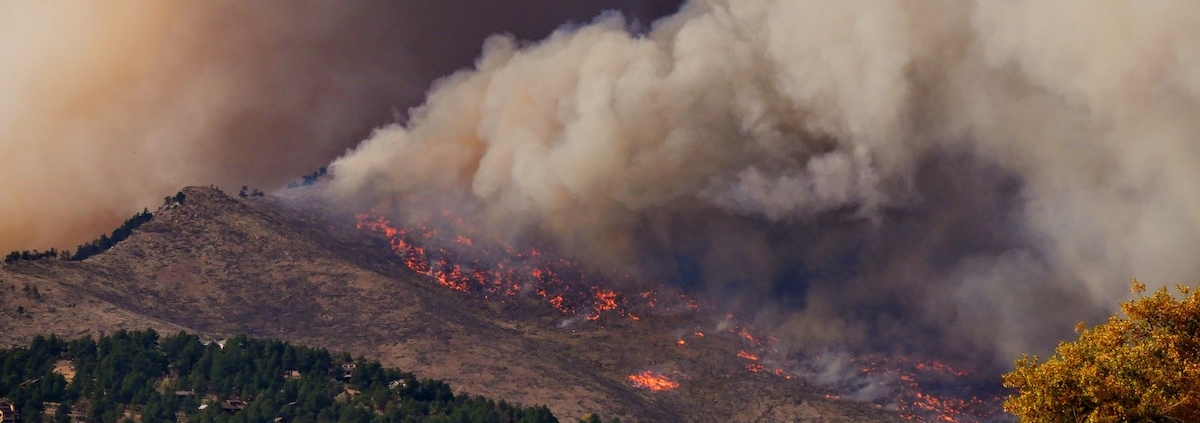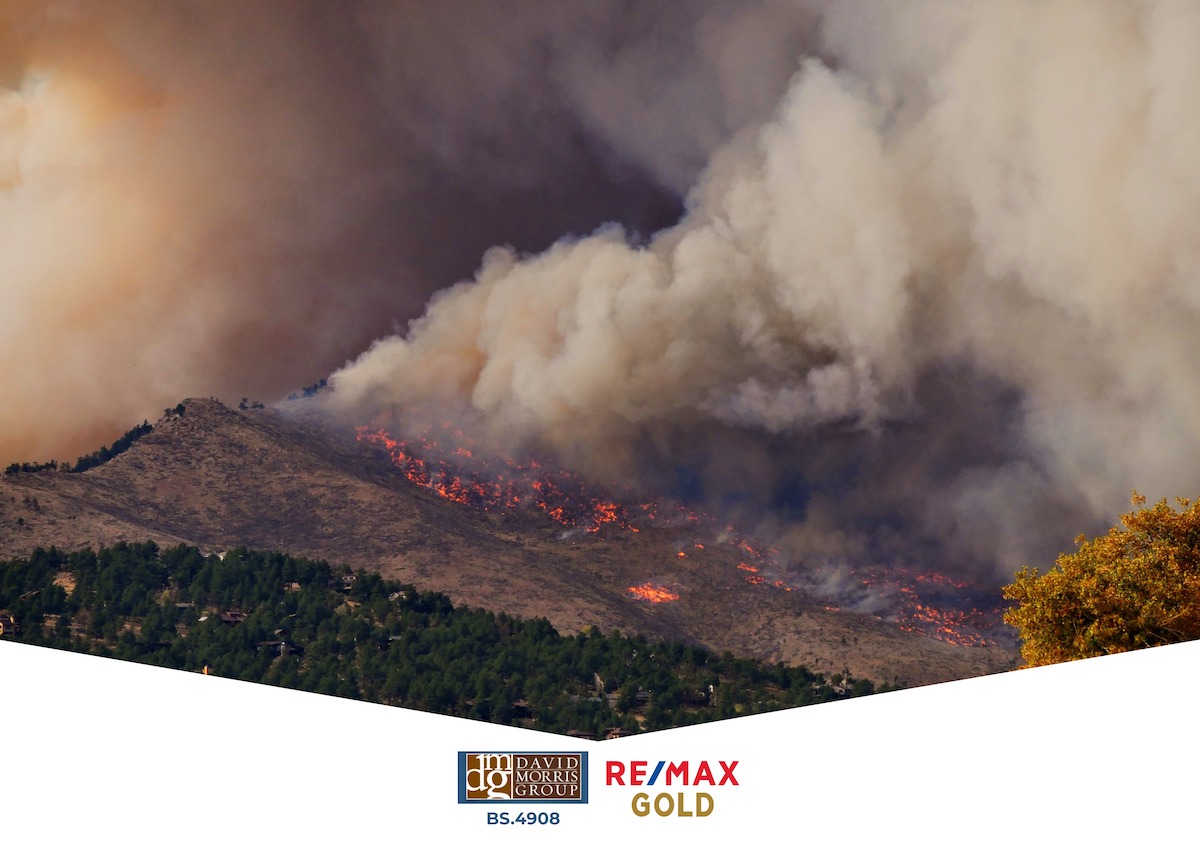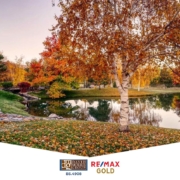Relocation Guide: Wildfire Emergency Preparedness
Reno’s close proximity to Lake Tahoe and dense vegetation make wildfires a natural disaster that residents may face. With that in mind, we’ve created a wildfire emergency preparedness guide with some helpful information and resources.
Prevention and Preparedness
Live more safely with the threat of wildfire by making your home fire safe, improving your home’s defensible space, making sure there’s easy access to your neighborhood and home, and having an evacuation plan.
- Fire Safe Homes – Ensuring your home is well constructed and well maintained will decrease the risks of your home igniting during a wildfire.
- Siding – Make sure there are no gaps in the siding and trim of your home. Replace the poorly maintained materials or fill them with good quality caulk.
- Rain Gutters – Plant debris should regularly be removed from rain gutters.
- Wooden Fences – Keep wooden fences in good condition and have a noncombustible section or gate next to the first five feet of your home.
- Improve Defensible Space – Take care of the vegetation around your home.
- Base of Home – Keep combustible materials away from the first 5 feet of your home. Well irrigated plants, rock mulches, or hard surfaces should be the only things near your home.
- Green Areas – The landscape within the first 30 feet of the home should have very little flammable vegetation with dead vegetation being removed immediately. Keep healthy, green, and well-irrigated plants in this area.
- Accessibility – Make sure that emergency responders can easily access your home and neighborhood. This will allow quick response times and easy evacuations if necessary.
- Address – Address signs should be easy to read. Use contrasting noncombustible material and make sure the numbers are at least six inches high.
- Street Signs – Each intersection should be posted with street signs made of reflective and noncombustible material.
- Driveway – If your driveway is longer than 150 feet, a turnaround suitable and large enough for fire equipment is required.
- Evacuation Prep – Make sure that your family understands how to safely and effectively evacuate by taking steps to prepare in advance.
- Have emergency phone numbers posted in central areas of your home that are easily accessible.
- Know how to turn off the water, gas, and electricity to your home.
- Have a safe meeting place to gather with your family if you get separated in an emergency.
- Have photos and videos of your house, the landscape, and the contents in your home. This will be important for insurance purposes. Try to keep this up to date.
- Lay out the possible escape routes and safe area, so that everyone in your family knows their escape routes wherever they are in the home.
- Have an EVACUATED sign ready to go that you can post and make clearly visible from the street.
- To-Go Bags – Prep for an emergency by having at least a three-day supply of necessities ready to go and easily accessible for every member of your household. Include things like:
- Clothing and personal toiletries.
- Flashlight, portable radio, extra batteries, and chargers.
- Extra set of car and house keys.
- Contact information for family, friends, physicians, insurance, etc.
- Important documents like birth certificates, passports, licenses, etc.
- Cash
Resources
- City of Reno
- Living with Fire
- Fire Victim Emergency Guide
- Wildfires and Living in the Wildland Urban Interface
Staying prepared for any emergency situation can help ease a stressful situation. We hope this wildfire emergency preparedness guide helped you learn about the precautions you can take now to keep your home safe, and please use the resources we’ve outlined to stay up to date on how to protect yourself.
If you have questions about moving or what it’s like relocating to the Reno-Sparks community, contact the David Morris Group. We’re always happy to share our knowledge of the area and the real estate market!














